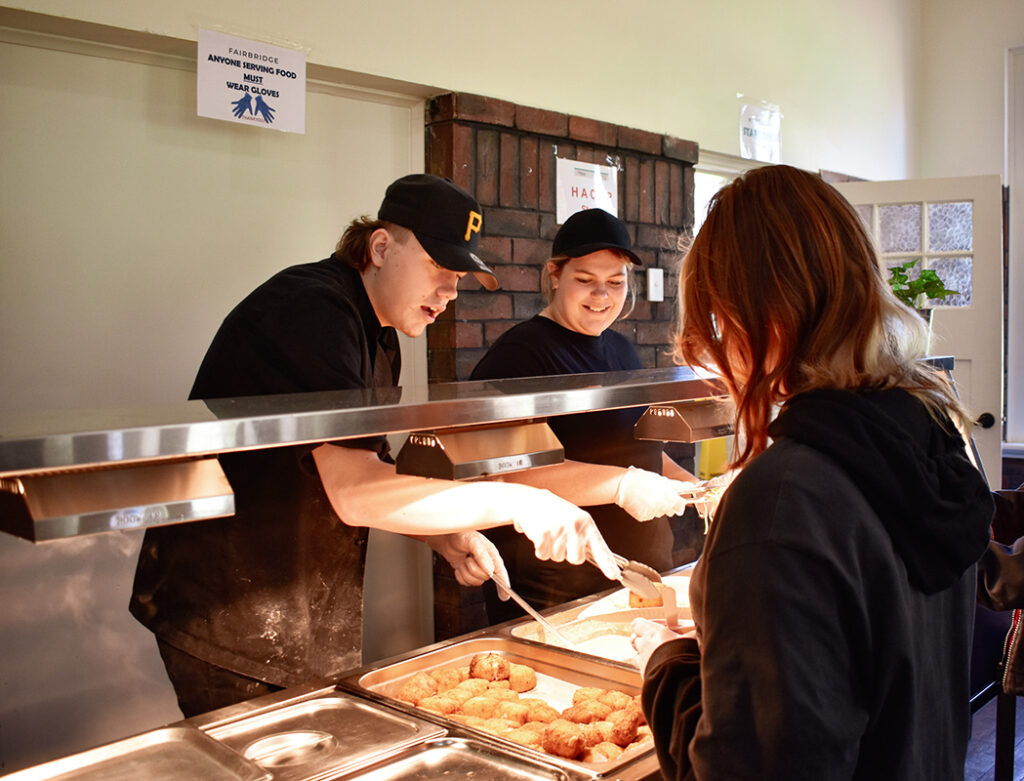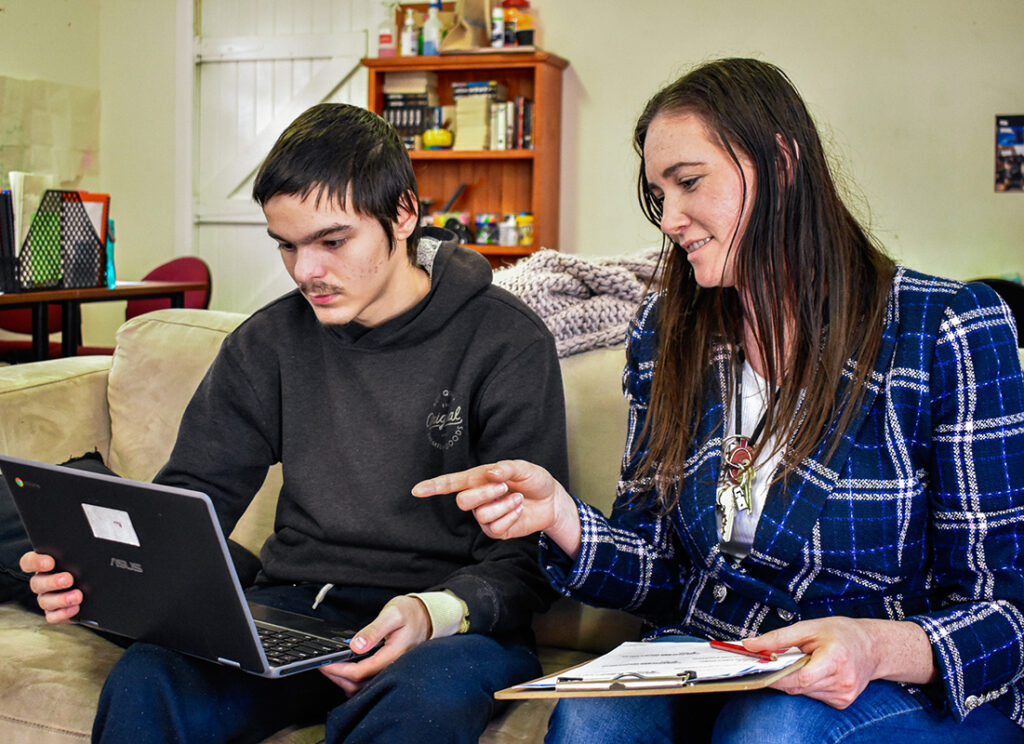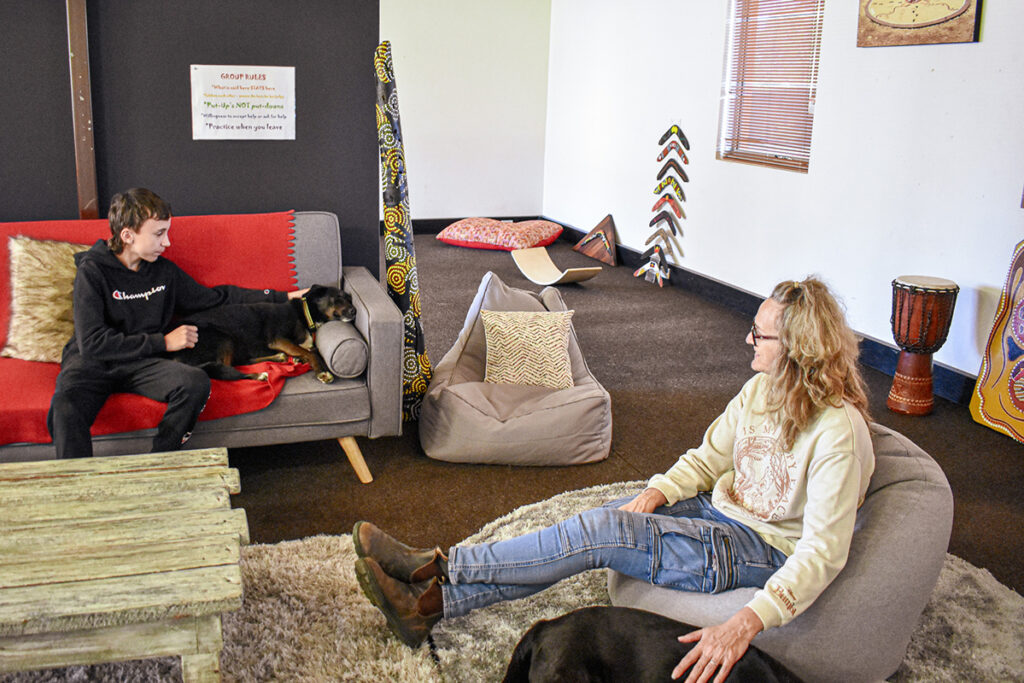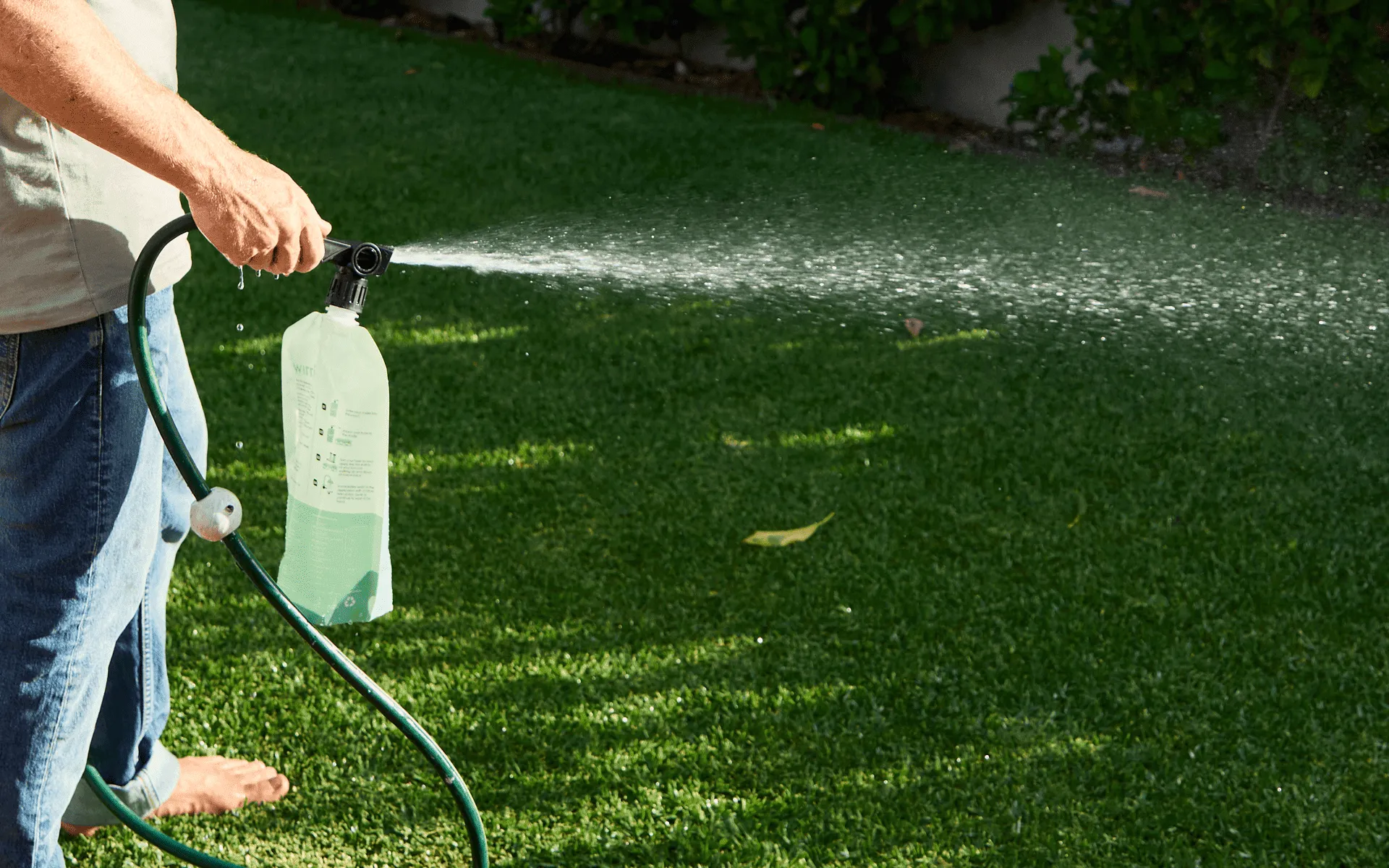
Practical life skills are essential tools that equip individuals to navigate everyday challenges effectively. These skills range from basic tasks like cooking and cleaning to more complex abilities such as financial literacy and problem-solving.
The Importance of Practical Life Skills
Practical life skills serve as a foundation for personal independence and success. They are crucial for managing one’s life effectively, ensuring that individuals can care for themselves, make informed decisions, and interact with others in a constructive manner. Here are some key reasons why practical life skills are important:
- Independence: Mastering practical life skills enables individuals to take charge of their lives. This independence fosters confidence and self-sufficiency, which are vital for personal growth.
- Preparedness: Life can be unpredictable, and practical life skills prepare individuals to face unexpected challenges. Whether it’s knowing how to fix a flat tyre or manage a budget, these skills reduce anxiety and enhance problem-solving abilities.
- Interpersonal Skills: Many practical life skills involve working with others, such as communication and teamwork. Developing these skills fosters better relationships and enhances social interactions.
- Career Readiness: Employers value practical life skills in candidates. Skills such as time management, communication, and basic financial literacy can give individuals a competitive edge in the job market.

Categories of Practical Life Skills
Practical life skills can be categorised into several areas, each addressing different aspects of daily life. Here are some of the main categories:
1. Basic Self-Care Skills
Basic self-care skills include the essential tasks required for personal hygiene and daily living. These skills ensure that individuals can maintain their health and well-being. Key self-care skills include:
- Personal Hygiene: Understanding the importance of regular bathing, dental care, and grooming contributes to overall health and social acceptance.
- Nutrition: Knowing how to prepare balanced meals, read food labels, and make healthy choices is crucial for physical well-being.
- Clothing Care: Skills such as washing, folding, and mending clothes are necessary for maintaining a functional wardrobe.
2. Household Management
Household management skills encompass the ability to maintain a living environment. These skills are essential for creating a comfortable and organised home. Key household management skills include:
- Cleaning: Understanding how to clean various areas of a home, from kitchens to bathrooms, is essential for health and hygiene.
- Basic Repairs: Knowing how to perform minor repairs, such as fixing leaky taps or changing light bulbs, can save time and money.
- Time Management: Developing the ability to prioritise tasks and manage time effectively is critical for maintaining a well-run household.
3. Financial Literacy
Financial literacy is a vital life skill that impacts long-term stability and security. Understanding how to manage money effectively can prevent unnecessary stress. Key components of financial literacy include:
- Budgeting: Knowing how to create and stick to a budget helps individuals manage their expenses and save for future goals.
- Saving and Investing: Understanding the importance of saving and the basics of investing can lead to greater financial security.
- Debt Management: Learning how to manage and avoid debt is crucial for maintaining financial health.
4. Communication and Interpersonal Skills
Effective communication and interpersonal skills are essential for building relationships and succeeding in various social contexts. Key skills in this area include:
- Verbal Communication: The ability to express thoughts clearly and listen actively enhances personal and professional relationships.
- Non-Verbal Communication: Understanding body language and other non-verbal cues is crucial for effective interaction.
- Conflict Resolution: Knowing how to handle disagreements and find common ground is an important skill for maintaining harmonious relationships.
5. Problem-Solving and Critical Thinking
Problem-solving and critical thinking skills empower individuals to tackle challenges effectively. These skills enable individuals to analyse situations, weigh options, and make informed decisions. Key aspects include:
- Analytical Thinking: The ability to break down complex problems into manageable parts facilitates effective decision-making.
- Creativity: Thinking outside the box can lead to innovative solutions for everyday challenges.
- Resilience: Developing resilience helps individuals bounce back from setbacks and maintain a positive outlook.
Developing Practical Life Skills
Developing practical life skills is an ongoing process that starts from a young age. Parents, educators, and communities play crucial roles in nurturing these skills. Here are some effective ways to foster practical life skills:
1. Encouragement and Practice
Encouragement from parents and mentors is vital for developing practical skills. Engaging children in household tasks, such as cooking or cleaning, allows them to practice and learn in a supportive environment.
2. Educational Programs
Schools can incorporate life skills education into their curriculums. Programs that focus on financial literacy, communication skills, and problem-solving prepare students for real-life challenges.
3. Real-Life Experiences
Encouraging young people to take on part-time jobs or volunteer opportunities exposes them to real-world scenarios, helping them to apply and refine their practical life skills.
4. Workshops and Community Resources
Local community centres and organisations often offer workshops and courses focused on practical life skills. These resources can be invaluable for individuals looking to improve their skills.

Conclusion
Practical life skills are essential for personal and professional success. They provide individuals with the tools necessary to navigate the complexities of everyday life. By recognising the importance of these skills and fostering their development, we can empower future generations to become confident, capable adults. Investing in practical life skills is an investment in a brighter, more self-sufficient future.










